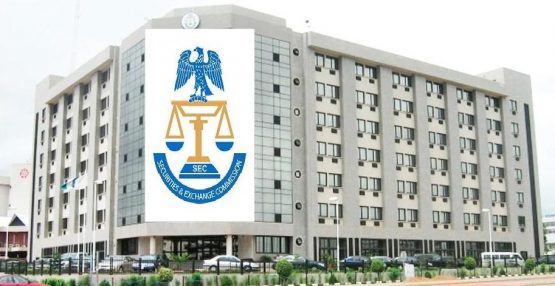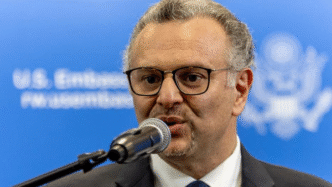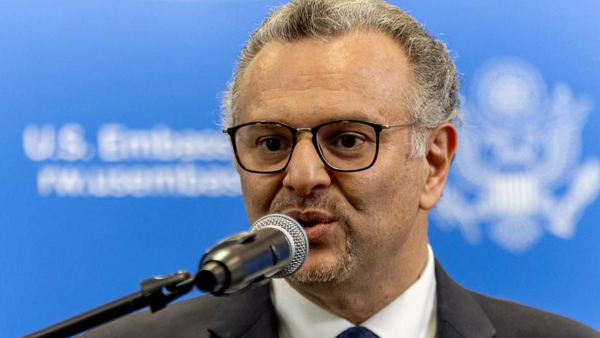The Securities and Exchange Commission (SEC), Nigeria, has cautioned the public against investing in or dealing with a digital token known as “Shalom Coin (SHLM)”, warning that it poses significant fraud risks.
Gatekeepers News reports that in a disclaimer issued on Friday, the Commission said SHLM is being promoted as an investment opportunity allegedly issued on the Ethereum Blockchain as an ERC-20 token.
“The attention of the Securities and Exchange Commission, Nigeria (‘the Commission’) has been drawn to the activities of certain cryptocurrency promoters advertising a digital token known as ‘Shalom Coin (SHLM)’ as an investment opportunity purportedly issued on the Ethereum Blockchain as an ERC-20 token,” the SEC stated.
Findings Raise Red Flags
According to intelligence gathered by the Commission, “Shalom Coin” is being marketed across online channels and social media platforms as a “meme coin” or community token, often accompanied by speculative claims of potential investment returns.
Further investigation revealed that the token’s smart contract includes features that allow its creators to alter critical parameters such as trading permissions, transaction fees, and total token supply — a structure the SEC said significantly increases the risk of fraud.
“Developments associated with the purported token make the risk of potentially fraudulent crypto-asset schemes very high,” the Commission warned.
The SEC also disclosed that the promoters and issuers of SHLM are not registered to operate in any capacity within the Nigerian capital market.
“Consequently, ‘Shalom Coin (SHLM)’ is not approved by the Commission for issuance, trading, or offering to the investing public in Nigeria,” the statement added.
Public Advised to Exercise Caution
The Commission urged members of the investing public to exercise utmost caution when dealing with SHLM or any unregistered digital asset, stressing that those who invest in such products do so entirely at their own risk.
It also advised investors to verify the authenticity of any digital asset, its promoters, and trading platforms through its official website — www.sec.gov.ng/cmos — before committing funds to any crypto-related investment.
Regulatory Context
The SEC reiterated its commitment to protecting investors and maintaining transparency in Nigeria’s evolving digital asset market.
In 2024, SEC’s Director-General, Dr. Emomotimi Agama, affirmed the Commission’s determination to safeguard investors from fraudulent crypto activities. That same year, the SEC granted approval-in-principle to two crypto exchanges — Quidax and Busha — making them the first platforms to operate under its regulatory oversight.
Dr. Agama noted that while the Commission had received multiple applications from other exchanges, only those that meet strict regulatory standards would be licensed.
He added that while the SEC encourages innovation within the digital economy, it will continue to monitor crypto operations closely to ensure they do not undermine economic stability.
“The Commission remains committed to ensuring that Nigeria’s capital market operates within clear regulatory guidelines while protecting citizens from misinformation and fraudulent activities,” Agama said.










